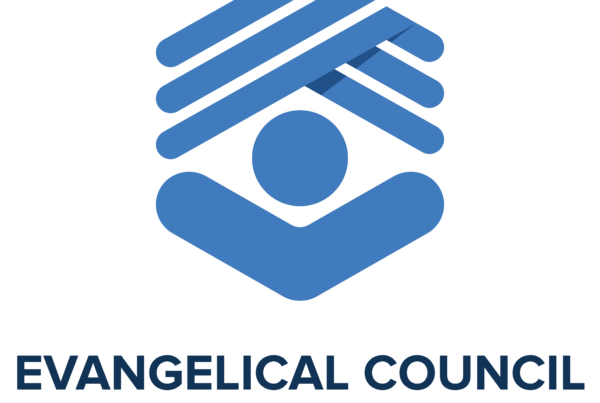“As I listened to your testimony and what happened to you,” he said, “I realized that I was abused as a child too.”
He’s in his thirties. He has a wife, children, and a successful career. Though he’s always known that his relationship with his step-father devastated him as a child, he’d never confronted the fact that it rose to criminal abuse. He’d never fully understood the evil committed against him, and so he couldn’t fully recover from it.
Sadly, he isn’t unusual. Like Joseph in the Bible, he was beaten up and sexually assaulted. Roughly 50% of child abuse survivors are male, and they frequently struggle to label what they’ve endured, let alone talk about it.
She’s in her sixties. She has children and grandchildren.
“You’re the first person I’ve ever told that I was raped,” she said.
She feared the church she loved might judge her or shun her, so she never told anyone what happened when she was seven. Thankfully, her church is now taking proactive steps to confront child abuse and denounce evil. After over five decades, she finally feels safe enough to share her story. Sadly, many others remain silent.
Almost every time I speak at a church event, I hear from at least one child abuse survivor who has never told a soul before that day. The ones I’ve met are the sweetest, most humble Christians you can meet. They’re generous people with big hearts and an uncanny ability to empathize with those who suffer. Nevertheless, their private pain has weighed on their soul for years, sometimes decades. While they have a spiritual gift for caring for others, until they tell someone they’re unable to receive the care they need.
Blue Sunday is a day of prayer for victims of child abuse, both seen and unseen. It’s a day for ministries to remember their commitment to abuse prevention, and their God-given role as sanctuaries for the vulnerable and victimized. It’s also an opportunity to let survivors know that they can seek help, that they will be heard, and that they’ll be supported in their recovery and their struggles.
The Evangelical Council for Abuse Prevention (ECAP) not only equips organizations to protect children, but streamlines and optimizes the process of implementing safety standards. The ECAP accreditation program provides third-party accountability, monitoring the progress and practices of organizations to evaluate, equip, and certify that they’ve met ECAP standards. These standards have been developed and evaluated by specialized lawyers, therapists, church leaders, business executives, and survivors, resulting in a program that is practical, thorough, thoughtful, and honoring to God.
Subsequently, accredited organizations can demonstrate that they’ve taken measurable steps to ensure the safety of children, the reporting of criminal behavior, and the support of victims. This serves to reassure parents and survivors that an organization is proactively working to prevent and report abuse. Accreditation may also discourage would-be predators, letting abusers know that the organization is alert, prepared, and ready to report them to law enforcement.
As the church, we are called to care for the vulnerable: widows, orphans, the poor, and oppressed. While we rightly coordinate ministries to reach the world around us, we must not neglect the wounded in our midst. Our sanctuaries are so-called because they are meant to be a refuge and safe place for the brokenhearted. By acknowledging the reality of sin and taking steps to prevent abuse, ministry leaders facilitate healing and recovery for their congregants.
Wondering where to start with Child Protection? See ECAP’s Start Here Page for more information.
Check out ECAP’s Blue Sunday Page for a free downloadable bulletin insert.





